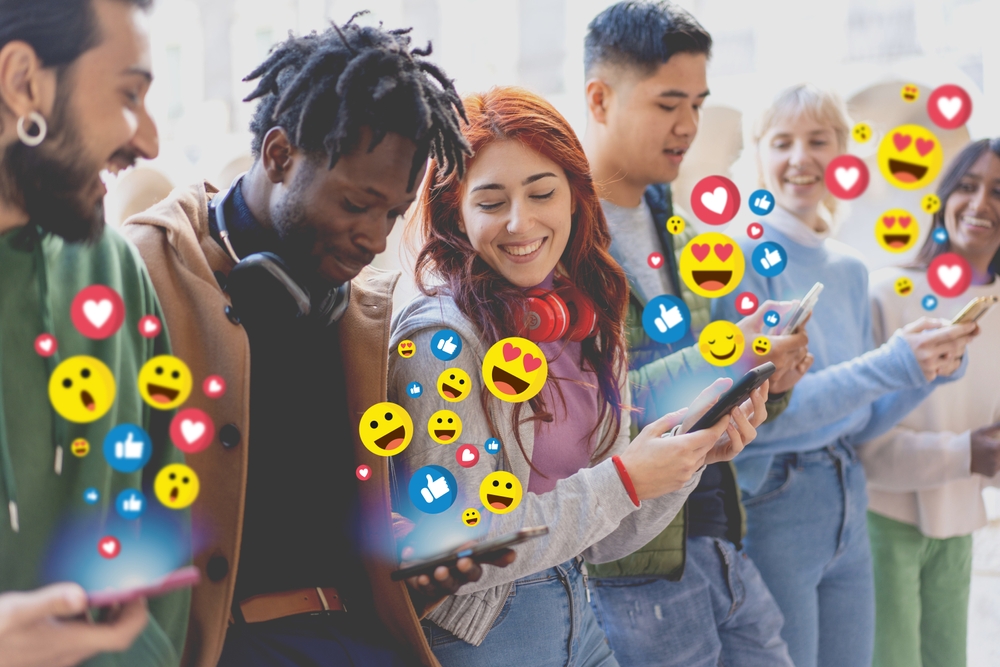Social Media’s Role in Teenage Mental Wellness
The Impact of Social Media on Teenage Mental Wellness
Social media has become an integral part of many teenagers’ lives, serving as a primary means of communication and self-expression. With platforms like Instagram, Snapchat, and TikTok, adolescents are more connected than ever. However, the impact of social media on teenage mental wellness is a topic of growing concern among parents, educators, and mental health professionals.
Research indicates that excessive use of social media can lead to issues such as anxiety, depression, and poor self-esteem among teens. The constant exposure to curated images and the pressure to maintain an ideal online persona can contribute to feelings of inadequacy and loneliness. Despite these negative effects, social media also offers opportunities for positive interactions and support, highlighting its complex role in teenage mental wellness.
Moreover, social media can influence teenage mental wellness positively by providing platforms for peer support. Many teens find communities where they can discuss their struggles openly and receive encouragement. This aspect of social media can foster a sense of belonging and understanding, which is crucial for mental wellness.
In addressing the impact of social media on teenage mental wellness, it’s essential to strike a balance. Encouraging moderation and promoting healthy online habits can help mitigate the negative effects while enhancing the positive aspects of social media use.

Social Media and the Development of Self-Esteem in Teens
Self-esteem is a critical component of mental wellness, particularly during the teenage years, a time when individuals are forming their identities. Social media’s influence on self-esteem can be both detrimental and beneficial. On one hand, the comparison culture fostered by social media can negatively impact teens’ self-esteem. On the other hand, positive reinforcement from peers can boost confidence.
Teenagers are often exposed to idealized versions of reality on social media, which can lead to unrealistic expectations and self-comparison. This can result in a decline in self-esteem, as teens may feel they don’t measure up to their peers’ seemingly perfect lives.
Conversely, social media can foster positive self-esteem when used responsibly. Platforms can serve as spaces for creativity and self-expression, allowing teens to share their talents and receive positive feedback, which can enhance their self-image.
Parents and educators should guide teens to use social media in ways that enhance their self-esteem and mental wellness. Encouraging teens to engage with content that inspires and uplifts can make social media a positive force in their lives.
The Relationship Between Social Media and Teen Anxiety
Anxiety is another significant aspect of teenage mental wellness affected by social media use. The fear of missing out (FOMO), cyberbullying, and the pressure to constantly engage can heighten anxiety levels among teens.
FOMO arises when teens see posts of friends attending events or engaging in activities without them, leading to feelings of exclusion and heightened anxiety. This can be exacerbated by the immediacy and constant connectivity that social media demands.
Cyberbullying, a pervasive issue on social media platforms, can severely impact a teen’s mental wellness. The anonymity provided by the internet can embolden individuals to harass or bully others without facing immediate consequences, leading to increased anxiety and depression in victims.
However, social media can also be a source of support for anxious teens. Online communities and mental wellness groups provide safe spaces for teens to share their experiences and receive support, helping to manage anxiety levels effectively.
Promoting Positive Mental Wellness Through Social Media
While social media poses challenges to teenage mental wellness, it also offers unique opportunities to promote mental health awareness and resilience. Platforms are increasingly being used to spread awareness about mental health issues and provide resources for those in need.
Educational content about mental wellness is widely shared on social media, helping to destigmatize mental health discussions among teens. Initiatives led by influencers and organizations aim to educate teens on the importance of mental wellness and encourage positive online behavior.
In addition, social media campaigns that promote kindness and empathy can foster supportive online environments. These campaigns encourage teens to engage in positive interactions, which can improve their mental wellness significantly.
Ultimately, the role of social media in teenage mental wellness is multifaceted. By promoting healthy usage and fostering supportive online communities, social media can be a powerful tool in enhancing mental wellness among adolescents.
Conclusion
Social media’s role in teenage mental wellness is complex, involving both risks and benefits. While excessive and negative use can lead to mental health issues such as anxiety and low self-esteem, social media also offers opportunities for support and positive engagement. By guiding teens towards responsible social media use and fostering positive online communities, we can leverage social media’s potential to enhance teenage mental wellness.